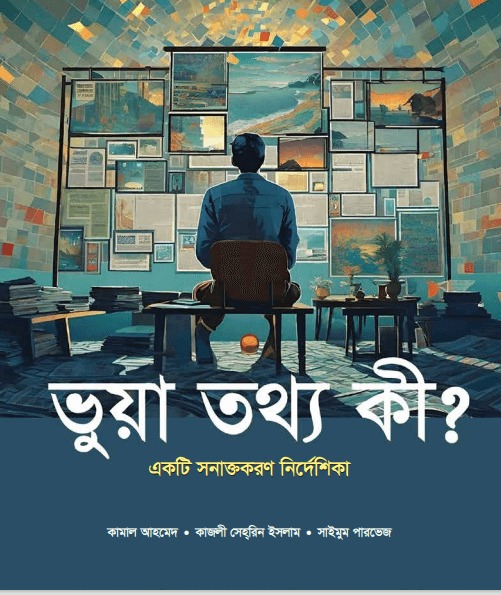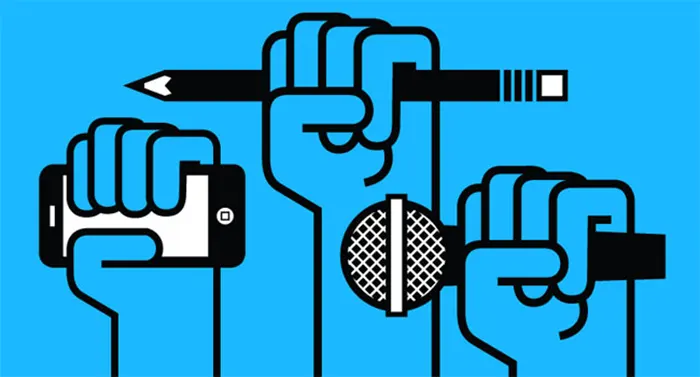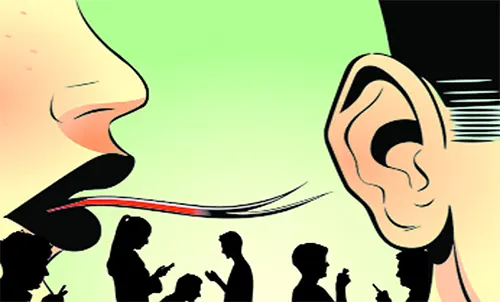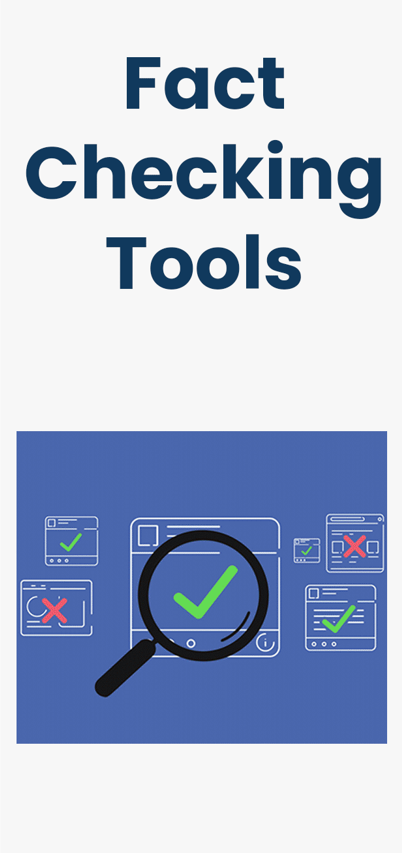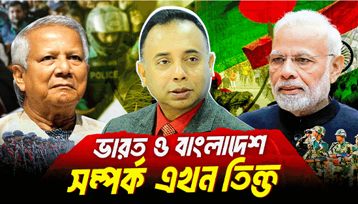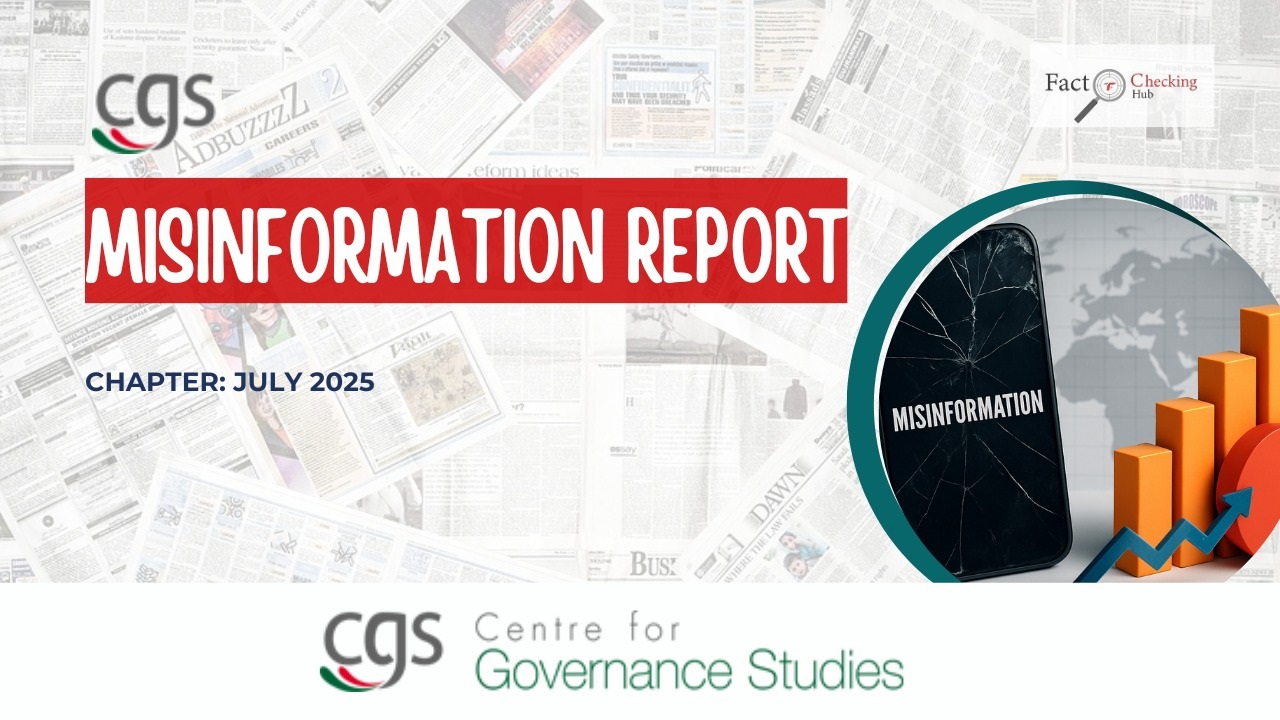
The evaluation of misinformation and disinformation patterns for June 2025 indicates a troubling prevalence of misleading narratives, with 324 documented cases. Of them, political disinformation prevailed, with 253 instances, indicative of increased political tensions and the vulnerability of governance-related discourse to manipulation. The primary victims of disinformation were individual political figures, totaling 124 incidents. With 316 of the 324 occurrences attributed to social media, it became the most common vector of dissemination, illustrating how uncontrolled digital platforms greatly increase the spread of false information. Rumor Scanner carried out a multi-platform misinformation and disinformation tracking, accounting for 256 confirmed incidents, demonstrating a strong, but still inadequate, attempt to refute misinformation.
This alarming trend is being monitored by the Center for Governance Studies (CGS). Since November, CGS has been regularly publishing monthly statistical analyses on misinformation in Bangladesh. The organization tracks and identifies false information from eight prominent active fact-checking websites in the country: Fact Watch, Rumor Scanner, Ajker Patrika, AFP Fact Check (Bangla), Dismislab, NewsChecker, Fact Crescendo, and Boom BD. CGS conducts daily monitoring of these platforms to compile and verify cases of misinformation. All tracked and verified misinformation data are available to the public through the dedicated platform:https://factcheckinghub.com/.
 In June 2025, a total of 324 misinformation cases were recorded. Of these, a substantial 253 cases were political in nature, underscoring the politicized misuse of information. For example, a fake photocard of the Daily Inqilab was being circulated claiming that “Tarique Rahman will not meet! Tarique Rahman remains firm on the election issue: Interim government seeks solution through discussion”. In actuality, the photocard was digitally altered utilizing another photocard from Daily Inqilab and modified to include the aforementioned title. This was fact-checked by Rumor Scanner who found that on June 10, Daily Inqilab’s Facebook page featured a photocard with the headline “Tarique Rahman remains firm on the election issue: Interim government seeks solution through discussion.” The original report stated that a meeting between Dr. Muhammad Yunus, Chief Adviser of the interim government, and Tarique Rahman, Acting Chairman of the BNP, will take place on June 13 in London, confirmed by BNP Secretary General Mirza Fakhrul Islam Alamgir. The original photocard was edited with the Daily Inqilab logo. Entertainment-related misinformation accounted for 24 cases. Such as the death of prominent celebrity like Shakib Khan or the sudden suicide of Opu Biswas was circulated online, which were baseless. A viral photo of a Sri Lankan content creator was later edited with AI to alter the face and circulated as pictures of actress Simrin Lubaba. Such misinformation and disinformation damages celebrities' public image. This was followed by religious (19), online hoaxes (18), diplomatic (5), economic (4), and environmental (1)misinformation. This highlights a thematic skew toward politically charged content over other areas of public discourse.
In June 2025, a total of 324 misinformation cases were recorded. Of these, a substantial 253 cases were political in nature, underscoring the politicized misuse of information. For example, a fake photocard of the Daily Inqilab was being circulated claiming that “Tarique Rahman will not meet! Tarique Rahman remains firm on the election issue: Interim government seeks solution through discussion”. In actuality, the photocard was digitally altered utilizing another photocard from Daily Inqilab and modified to include the aforementioned title. This was fact-checked by Rumor Scanner who found that on June 10, Daily Inqilab’s Facebook page featured a photocard with the headline “Tarique Rahman remains firm on the election issue: Interim government seeks solution through discussion.” The original report stated that a meeting between Dr. Muhammad Yunus, Chief Adviser of the interim government, and Tarique Rahman, Acting Chairman of the BNP, will take place on June 13 in London, confirmed by BNP Secretary General Mirza Fakhrul Islam Alamgir. The original photocard was edited with the Daily Inqilab logo. Entertainment-related misinformation accounted for 24 cases. Such as the death of prominent celebrity like Shakib Khan or the sudden suicide of Opu Biswas was circulated online, which were baseless. A viral photo of a Sri Lankan content creator was later edited with AI to alter the face and circulated as pictures of actress Simrin Lubaba. Such misinformation and disinformation damages celebrities' public image. This was followed by religious (19), online hoaxes (18), diplomatic (5), economic (4), and environmental (1)misinformation. This highlights a thematic skew toward politically charged content over other areas of public discourse.
 When examining targets, individual political leaders were the most affected, with 124 cases directed at them. For instance, National Citizens’ Party (NCP) northern organizer Sarjis Alam and southern organizer Hasnat Abdullah were arrested by the army on the orders of Army Chief General Waker-uz-Zaman over alleged involvement in mob formation and looting. This claim was made in a thumbnail accompanying a video uploaded to YouTube, which was proven to be false. In fact, in an attempt to gain high viewership, various unrelated video clips have been combined using digital tools and presented with sensational thumbnails and titles to propagate a baseless narrative. The video content provides no such information on the arrest claim. Edited videos using compelling titles and thumbnails might influence public perception of the political person, thereby harming their image. Law enforcement and defense institutions followed with 48 instances, like a post was circulating on Facebook “citing involvement in corruption, embezzlement, enforced disappearances, and killings, the United Nations has temporarily suspended participation of all departments of Bangladesh’s law enforcement agencies—including the police and armed forces—from its peacekeeping missions”. This claim was later proved false by Fact-Watch as no sources were found to support the claim. No such information could be found on the official websites of the United Nations and its peacekeeping operations, or on the verified X account of Jean-Pierre Lacroix, the Under-Secretary-General for United Nations Peacekeeping Operations. Such misinformation diminishes people’s trust. Other targets included celebrities (25), religion (16), religious figures (1), public institutions (16), political parties (13), interim government bodies (6), and private institutions (2). Furthermore, 73 incidents were classified as "unspecified," in which the false content caused general confusion without a clear victim.
When examining targets, individual political leaders were the most affected, with 124 cases directed at them. For instance, National Citizens’ Party (NCP) northern organizer Sarjis Alam and southern organizer Hasnat Abdullah were arrested by the army on the orders of Army Chief General Waker-uz-Zaman over alleged involvement in mob formation and looting. This claim was made in a thumbnail accompanying a video uploaded to YouTube, which was proven to be false. In fact, in an attempt to gain high viewership, various unrelated video clips have been combined using digital tools and presented with sensational thumbnails and titles to propagate a baseless narrative. The video content provides no such information on the arrest claim. Edited videos using compelling titles and thumbnails might influence public perception of the political person, thereby harming their image. Law enforcement and defense institutions followed with 48 instances, like a post was circulating on Facebook “citing involvement in corruption, embezzlement, enforced disappearances, and killings, the United Nations has temporarily suspended participation of all departments of Bangladesh’s law enforcement agencies—including the police and armed forces—from its peacekeeping missions”. This claim was later proved false by Fact-Watch as no sources were found to support the claim. No such information could be found on the official websites of the United Nations and its peacekeeping operations, or on the verified X account of Jean-Pierre Lacroix, the Under-Secretary-General for United Nations Peacekeeping Operations. Such misinformation diminishes people’s trust. Other targets included celebrities (25), religion (16), religious figures (1), public institutions (16), political parties (13), interim government bodies (6), and private institutions (2). Furthermore, 73 incidents were classified as "unspecified," in which the false content caused general confusion without a clear victim.

Social media proved to be the dominant channel for spreading misinformation, with 316 out of 324 incidents originating from platforms such as Facebook, YouTube, TikTok, and WhatsApp. Only 8 cases were associated with online news portals, reaffirming the critical role of personal and group-based digital content in propagating disinformation. In response, fact-checking initiatives led by Rumor Scanner were pivotal, identifying 256 cases—approximately 79% of the total misinformation. Additional efforts included Fact Watch (33 cases), Ajker Patrika (15), AFP Fact Check (Bangla) (7), Boom BD (6), Dismislab (6), and Fact Crescendo (1). This distributed but coordinated effort reflects the growing capacity for information verification, though the scale of misinformation calls for even greater inter-agency collaboration and real-time countermeasures.

The misinformation environment in Bangladesh, as delineated by the Center for Governance Studies (CGS) for June 2025, highlights a worsening problem in the integrity of digital information ecosystems. It is evident from the 324 recorded cases—of which political disinformation predominated—that coordinated misinformation is being used purposefully to sway public opinion, damage reputations, and incite social unrest. We also see that, digital platforms like Facebook, YouTube, TikTok, and WhatsApp are being used to spread misinformation like a wildfire. It represents the unchecked spread of misleading information online. While we are moving forwards to become a digital country, disinformation tools are also evolving rapidly as we have seen in digitally altered photocards, AI-generated images, and deceptive video thumbnails. Targetingpolitical leaders, state institutions, celebrities, and religious sentiments shows us that there is a conscious effort to spread discord and undermine public confidence. Furthermore, false allegations involving global organizations such as the United Nations demonstrate how disinformation may affect national legitimacy more broadly. Nevertheless, despite these obstacles, fact-checkers' —especially that of Rumor Scanner and seven other organizations—has emerged as a crucial line of defense, detecting and disproving the vast majority of false and misleading material that is in circulation. Our present verification methods are insufficient when it comes to the current scale and sophistication of misinformation. This highlights the need for stronger digital governance, cross-platform collaboration, and public education on media literacy as well as efforts from the government. In the absence of serious steps at the governmental, technical, and societal levels, the ongoing spread of misinformation and disinformation would continue to skew reality, damage people's reputations, and weaken Bangladesh's democratic resilience.
